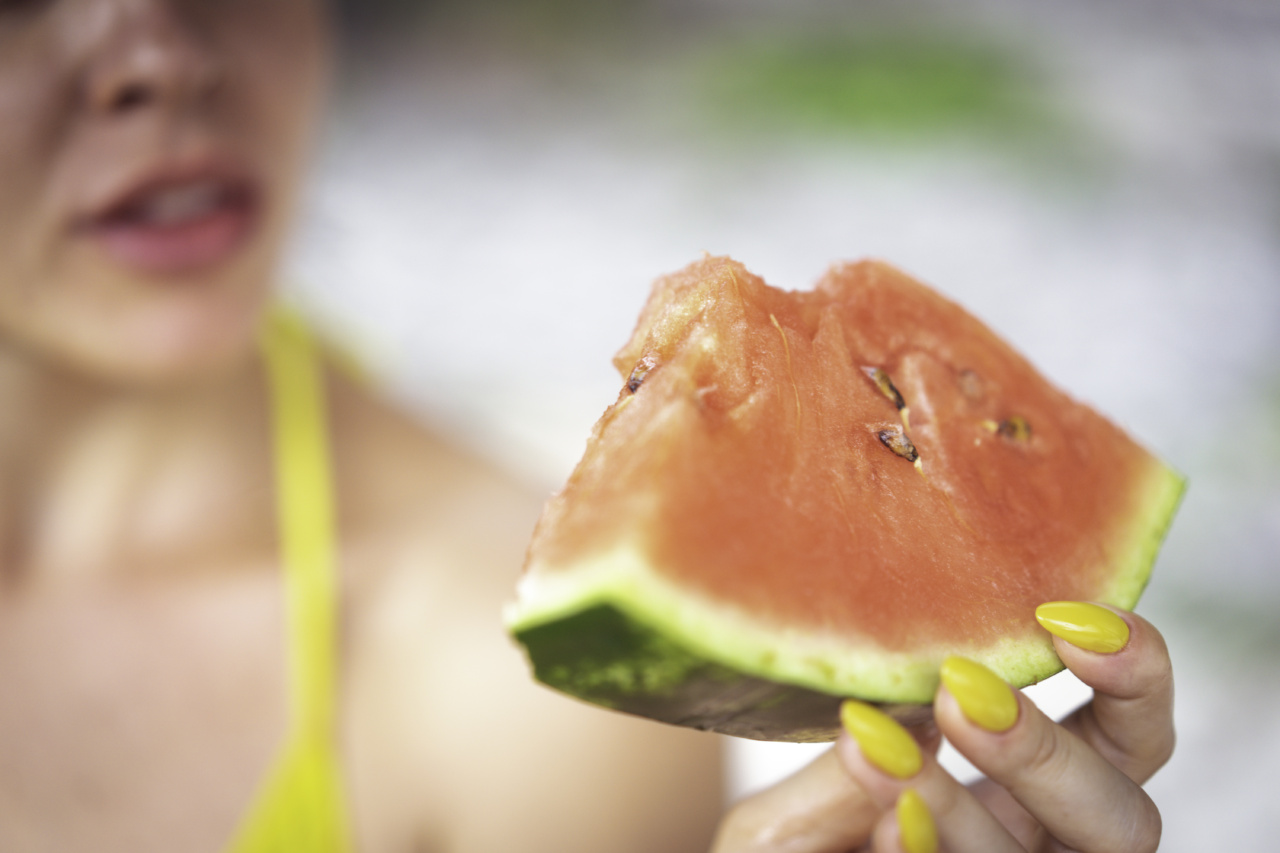As we age, our bodies undergo a multitude of changes that can affect our dietary needs. A healthy and balanced diet is especially important for those over 50 to maintain good health and prevent chronic diseases.
Here are some essential dietary tips to incorporate into your nutrition plan to enhance your overall well-being.
1. Increase Your Water Intake
Dehydration is a common issue among seniors due to a decrease in our sense of thirst and a lower ability to retain water in the body. It is crucial to drink plenty of fluids, particularly water, to stay hydrated.
In general, aim for at least eight glasses (64 ounces) of water per day. Also, consider increasing your water intake if you spend extended periods outside, exercise, or live in a dry climate.
2. Eat a Variety of Fruits and Vegetables
Fruits and vegetables are an excellent source of essential vitamins, minerals and dietary fiber, which are essential to maintain a healthy body.
A diet rich in fruits and vegetables can reduce the risk of chronic diseases such as heart disease, high blood pressure, and some cancers. Aim to include at least five servings of fruits and vegetables each day, such as blueberries, leafy greens, oranges, broccoli, and carrots.
3. Whole Grains are Better
Whole grains are a crucial part of a healthy diet. They are a great source of carbohydrates, fiber, and vital nutrients. As opposed to refined grains, whole grains contain more vitamins and minerals.
Include whole-grain options in your diet, such as brown rice, whole-wheat bread, and pasta, quinoa, and oatmeal.
4. Cut Down on Refined and Processed Foods
Processed and refined foods have added sugars, sodium, and unhealthy fats, which can lead to chronic diseases such as obesity, high blood pressure, and heart disease.
Choose whole, fresh foods whenever possible, and avoid fast foods, fried foods, and processed snacks. Read food labels and ingredient lists carefully, and limit your intake of refined sugars.
5. Include More Lean Protein Sources
Protein is essential for maintaining muscle mass, keeping bones strong, and repairing tissues. As we age, our protein needs increase, and we need to include lean protein sources as a component of our daily diet.
Good sources of protein include fish, poultry, lean meat, eggs, beans, and tofu. Aim for two to three servings per day.
6. Incorporate Healthy Fats
Fats are essential for brain health and hormone production. Incorporate healthy fats such as monounsaturated and polyunsaturated fats from foods such as nuts, seeds, avocado, and olive oil.
Limit saturated and trans fats from foods such as processed snacks, fried foods, and fatty meats.
7. Supplements
While a healthy and balanced diet is the best way to get the nutrients our bodies require, sometimes it isn’t possible to get everything from our food. In those cases, supplements are a good way to make up for any shortfalls.
Talk to your doctor or a qualified nutritionist before taking any vitamins or other supplements.
8. Include Calcium and Vitamin D Foods
With age, our bodies become less efficient at absorbing calcium and vitamin D, which can lead to impaired bone health. Incorporate foods that are high in calcium and Vitamin D such as milk, cheese, and fortified cereals.
Consider taking a calcium supplement if you’re having trouble meeting the recommended daily intake though food alone.
9. Limit Sodium Intake
Excess sodium can increase blood pressure, cause water retention, and lead to heart disease and other health issues.
Limit the amount of salt added to your food and avoid high-sodium processed foods such as snacks, canned and frozen foods, sauces, and dressings.
10. Moderation is Key
The key to healthy eating is balancing our diet with moderation. Enjoy your favorite foods but in moderation, and balance your meals to include nutrient-dense and low-calorie foods.
Eat slowly and mindfully, avoiding distractions such as TV and mobiles, to give your brain time to register when you are full.
: Conclusion
Eating well is vital at any age, but as we get older, it becomes even more crucial to maintain good health and an active lifestyle.
While several age-related changes can impact our dietary needs, adopting better dietary habits can improve overall health and have lasting positive impacts on our quality of life.





























